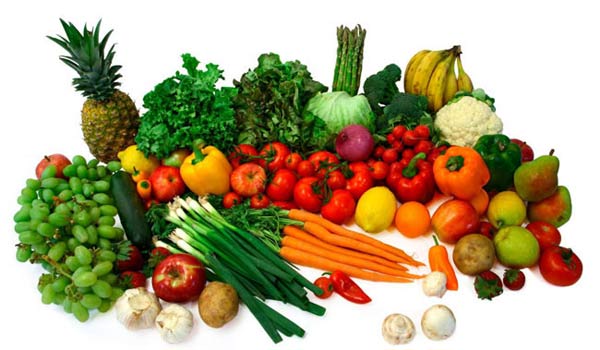Does Microwaving Vegetables Destroy Their Nutrients?

Get the world’s most fascinating discoveries delivered straight to your inbox.
You are now subscribed
Your newsletter sign-up was successful
Want to add more newsletters?

Delivered Daily
Daily Newsletter
Sign up for the latest discoveries, groundbreaking research and fascinating breakthroughs that impact you and the wider world direct to your inbox.

Once a week
Life's Little Mysteries
Feed your curiosity with an exclusive mystery every week, solved with science and delivered direct to your inbox before it's seen anywhere else.

Once a week
How It Works
Sign up to our free science & technology newsletter for your weekly fix of fascinating articles, quick quizzes, amazing images, and more

Delivered daily
Space.com Newsletter
Breaking space news, the latest updates on rocket launches, skywatching events and more!

Once a month
Watch This Space
Sign up to our monthly entertainment newsletter to keep up with all our coverage of the latest sci-fi and space movies, tv shows, games and books.

Once a week
Night Sky This Week
Discover this week's must-see night sky events, moon phases, and stunning astrophotos. Sign up for our skywatching newsletter and explore the universe with us!
Join the club
Get full access to premium articles, exclusive features and a growing list of member rewards.
Nuke away! Microwaving vegetables isn't any worse for your veggies than other types of cooking. And, in some cases, it may be better.
Some natural-food enthusiasts have argued that microwaves "kill" food, breaking down its natural antioxidants. Antioxidants are substances that theoretically protect against cell-damaging free radicals in the body, and they abound in fresh fruits, vegetables , grains and nuts, according to the American Dietetic Association.
To test these concerns, a team of researchers from the Universidad Complutense Madrid in Spain got out their cutting boards. They chopped up a variety of veggies, from artichokes to zucchini, and cooked them with techniques ranging from boiling to frying to microwaving. They measured the amount of antioxidants present before and after cooking.
They found that baking, griddle-cooking and, yes, microwaving produced the lowest losses, while boiling and pressure-cooking were the hardest on antioxidants. Frying was somewhere in between.
The percentage of antioxidants lost with each method depended on the vegetable and the antioxidant tested, but artichokes were particularly durable, keeping most of their radical-scavenging properties regardless of cooking method.
The amount of antioxidants lost in the microwave ranged from none at all to over 50 percent, which was found in the case of nuking cauliflower and measuring an antioxidant that protects against certain fat-soluble radicals.
In a few cases, cooking vegetables in a microwave actually increased the amount of antioxidants: After a round in the microwave, carrots, celery and green beans contained more of an antioxidant that fights a radical known as ABTS.
Get the world’s most fascinating discoveries delivered straight to your inbox.
The real culprit for lost nutrition isn't how you heat veggies, but how much water you use, the researchers found. Boiling and pressure-cooking cause nutrients to leach out of veggies and into the cooking water. When it comes to preparing vegetables, the authors concluded, "water is not the cook's best friend."
- How Does a Microwave Oven Work?
- Does Washing Lettuce Get Rid of Bacteria?
- Does Coffee Kill the Benefits of Vitamins?
Got a question? Email it to Life's Little Mysteries and we'll try to answer it. Due to the volume of questions, we unfortunately can't reply individually, but we will publish answers to the most intriguing questions, so check back soon.

Stephanie Pappas is a contributing writer for Live Science, covering topics ranging from geoscience to archaeology to the human brain and behavior. She was previously a senior writer for Live Science but is now a freelancer based in Denver, Colorado, and regularly contributes to Scientific American and The Monitor, the monthly magazine of the American Psychological Association. Stephanie received a bachelor's degree in psychology from the University of South Carolina and a graduate certificate in science communication from the University of California, Santa Cruz.
 Live Science Plus
Live Science Plus











